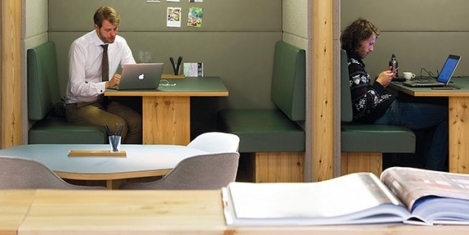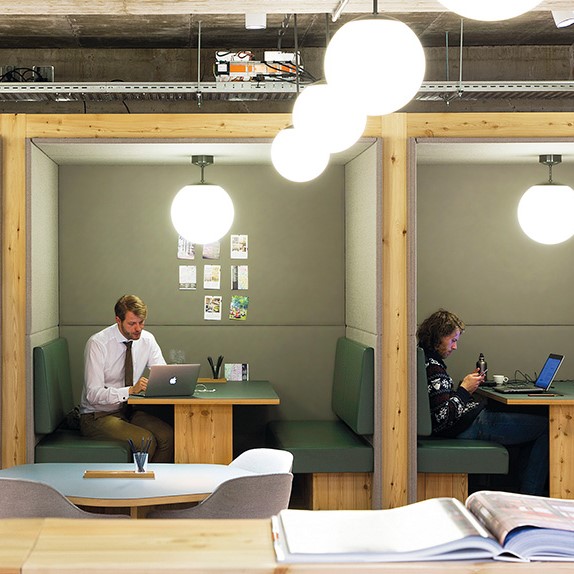To provide the best experiences, we use technologies like cookies to store and/or access device information. Consenting to these technologies will allow us to process data such as browsing behaviour or unique IDs on this site. Not consenting or withdrawing consent, may adversely affect certain features and functions.
The technical storage or access is strictly necessary for the legitimate purpose of enabling the use of a specific service explicitly requested by the subscriber or user, or for the sole purpose of carrying out the transmission of a communication over an electronic communications network.
The technical storage or access is necessary for the legitimate purpose of storing preferences that are not requested by the subscriber or user.
The technical storage or access that is used exclusively for statistical purposes.
The technical storage or access that is used exclusively for anonymous statistical purposes. Without a subpoena, voluntary compliance on the part of your Internet Service Provider, or additional records from a third party, information stored or retrieved for this purpose alone cannot usually be used to identify you.
The technical storage or access is required to create user profiles to send advertising, or to track the user on a website or across several websites for similar marketing purposes.
 On the surface, the wellbeing of the American worker seems rosy. Unemployment in the U.S. hovers near a 50-year low, and employers describe growing shortages of workers in a wide array of fields. But looking beyond the numbers tells a different story. My new book, “The Importance of Work in an Age of Uncertainty,” reveals that some Americans are experiencing an erosion in the world of increasingly uncertain work that is hurting their wellbeing, relationships and hopes for the future. (more…)
On the surface, the wellbeing of the American worker seems rosy. Unemployment in the U.S. hovers near a 50-year low, and employers describe growing shortages of workers in a wide array of fields. But looking beyond the numbers tells a different story. My new book, “The Importance of Work in an Age of Uncertainty,” reveals that some Americans are experiencing an erosion in the world of increasingly uncertain work that is hurting their wellbeing, relationships and hopes for the future. (more…)











 For decades the trend among workplaces has seen employees moving out of individual offices and into open plan spaces. This has not always been successful, with the open-plan approach
For decades the trend among workplaces has seen employees moving out of individual offices and into open plan spaces. This has not always been successful, with the open-plan approach 
 The use of technology to support communication and collaborative working in an increasingly digital and flexible world is something many of us recognise. However, a global study released today by
The use of technology to support communication and collaborative working in an increasingly digital and flexible world is something many of us recognise. However, a global study released today by 
 UK employees have the longest working week compared to other workers
UK employees have the longest working week compared to other workers 















July 23, 2019
Office design should take account of the quality of interactions as well as quantity
by Jonathan Hindle • Comment, Workplace design
(more…)